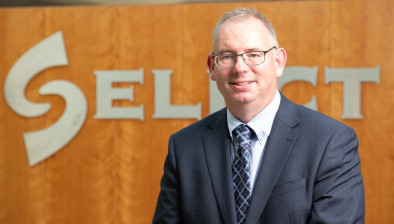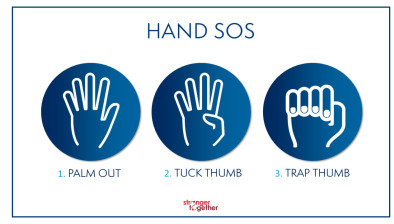CIOB and Stronger Together launch toolkit to help tackle modern slavery
 A best practice toolkit to help the construction industry tackle modern slavery in its global supply chains has been launched by the Chartered Institute of Building (CIOB) and industry alliance Stronger Together.
A best practice toolkit to help the construction industry tackle modern slavery in its global supply chains has been launched by the Chartered Institute of Building (CIOB) and industry alliance Stronger Together.
Described by the UK Prime Minister Theresa May as “the great human rights issue of our time”, it is estimated that there are over 45 million people subject to modern slavery in the world today.
This new guidance from the CIOB and Stronger Together, which can be downloaded for free from www.stronger2gether.org, will help construction businesses shape their response to this problem in their operations and across their global supply chains.
The toolkit is part of a specialist, in-depth industry programme supporting construction companies in tackling modern slavery. The programme will provide the construction sector and its clients with practical resources and training based on the UN Guiding Principles on Business and Human Rights framework and help businesses to comply with the UK Modern Slavery Act requirements.
The programme follows on from a CIOB report launched in July 2016, Building a fairer system: tackling modern slavery in construction supply chains, which examined how workers are abused in ways such as forced or bonded labour, late payment, unsanitary living conditions, unfair deductions from wages, withheld passports, loss of freedom of movement, lack of representation, violence, intimidation and physical abuse.
The UK Modern Slavery Act, which came into force in 2015, requires UK organisations with a turnover of more than £36 million to publicly report on how they are dealing with human rights issues in their supply chains.
Anti-Slavery commissioner Kevin Hyland OBE said: “Workers within the construction sector are at risk of abuse and exploitation as traffickers and slave masters target the vulnerable. This is modern slavery, something we cannot shy away from, and I am pleased that construction companies have started to take ownership of this issue.
“I would like to see more companies work together and speak openly about the crime of slavery in supply chains. Challenges must be shared and not hidden, for only then can we protect people and prevent the crime.
“The collaborative way of working between CIOB and Stronger Together is highly effective. Their decision to provide this resource free of charge is commendable. I hope that those within the construction sector take advantage of this insightful toolkit and ultimately put a stop to the crime of modern slavery within supply chains.”
CIOB chief executive, Chris Blythe OBE, said: “CIOB’s core values are founded on the principles of ethical business behaviour. Firms that take up and implement this toolkit demonstrate their commitment to ending modern slavery, wherever it may occur. The toolkit and wider programme are there to help raise awareness of modern slavery, identify exploitation and then provide the support for businesses to deal with it responsibly through guidance and good practice.
“Dealing with slavery in our supply chains has two virtues. Firstly, it helps the victims and reduces the scope for there to be further victims in the industry. It stops the industry being exploited by criminals using slavery as their means of making money.
“Secondly, if we can demonstrate that our supply chain is slavery free, we go a long way to improving the image of the industry. Being seen to be taking action and positively helping the victims of modern slavery is the best way to show that construction is a modern people-centred industry that values all who work in it.”
David Camp, programme lead, Stronger Together, added: “We encourage every construction company to be proactive about mitigating the risks of modern slavery in their own operations and supply chain. Commitment is the first step. We will help businesses that want to be leaders in the industry to turn that commitment into action by providing a collaboration platform and support network, bringing together clients, contractors, subcontractors and labour providers, and providing them with pragmatic guidance and resources.
“This programme follows on from our impactful work with all nine major UK supermarkets in the consumer goods industry to deter, detect and deal appropriately with forced labour, labour trafficking and other hidden labour exploitation.”






















